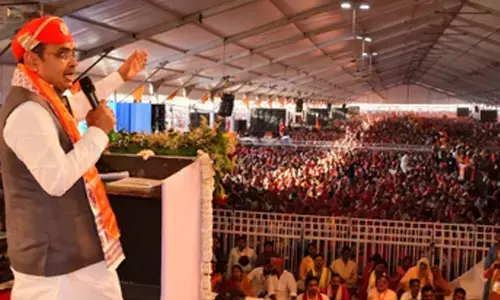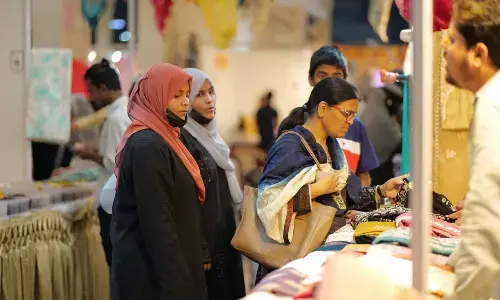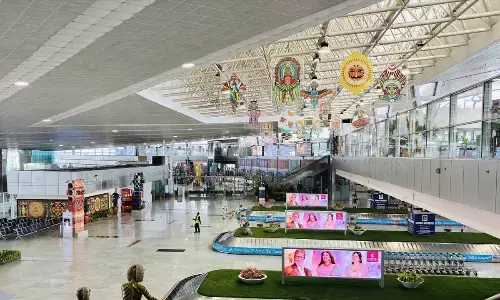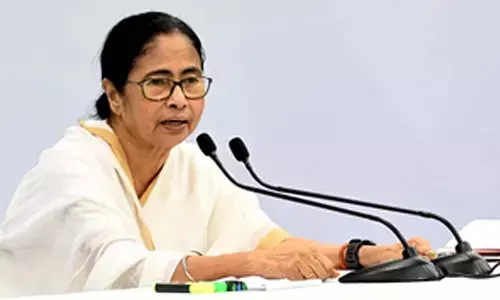China's commendable tackling of crises
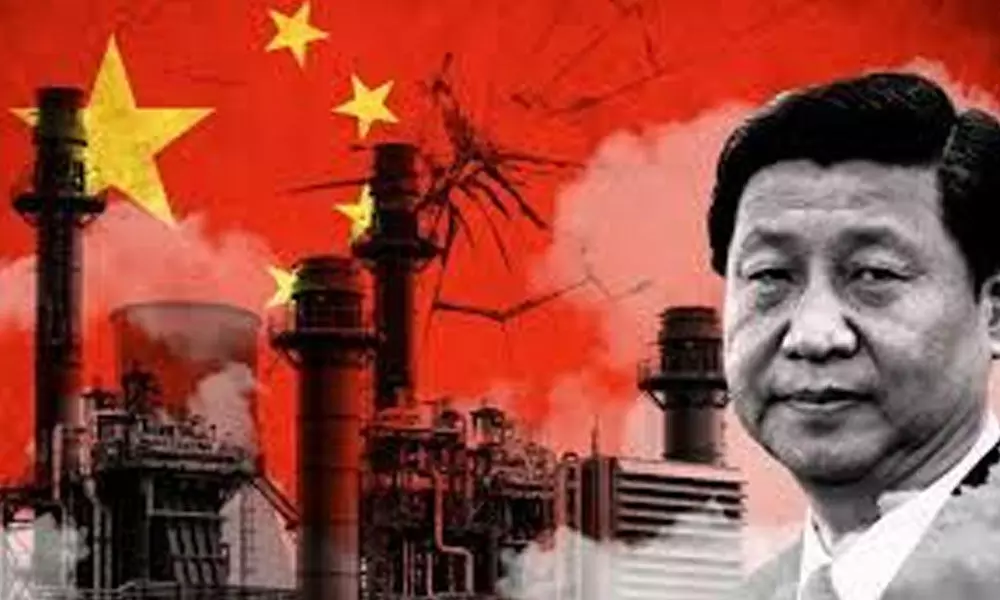
China’s commendable tackling of crises
China is simultaneously facing crises on three fronts at present.
China is simultaneously facing crises on three fronts at present. A number of projects under the Belt & Road Initiative (BRI) are being cancelled across the world. Second, the mammoth property company Evergrande is sliding into a financial crisis. Third, Chinese industries and cities are facing power cuts. These crises are actually a pathway to success.
The genesis of the BRI lies in the export and savings surpluses garnered by China. China needed an avenue to invest these monies just as we often invest our savings in shares or properties. China decided to invest these monies in infrastructure projects across the world. These projects served the geopolitical purpose of counteracting American dominance. They provided greater access to Chinese exports across the world, and profits to the Chinese construction companies.
A 2019 study by the World Bank found that countries like Kazakhstan and Poland were able to establish manufacturing hubs along the train route from China to Europe. The reduction in transport costs provided benefits both to consumers and producers. In fact, India must ponder making a China-India rail line given our huge trade with that country.
However, China is not immune to bureaucratic bungling. A number of BRI projects have been mired in inefficiency and corruption leading to backlash in the host countries. The pro-BRI Progressive Party in Maldives lost recently to the anti-BRI Maldivian Democratic Party. Malaysian Prime Minister Mahathir Mohammad has called BRI a form of 'new colonialism.' Myanmar has cancelled the Kayukpyu Port Project. Nepal and Pakistan have sought redesigning of certain projects. The basic problem is that many of the projects are economically unviable and are likely to impose a huge debt burden on the host countries.
Thus, we have two contrary indications about BRI. On the one hand it is expected to provide benefits to a large number of countries like Kazakhstan and Poland. On the other hand, it is being resisted in a number of countries. There are two pathways going forward from here. BRI will move ahead in a lean shape if China reviews the disputed projects and goes forward only with those found viable. Else, BRI may collapse if China pushes the unviable projects. The problem with BRI is not structural. The problem lies in faulty implementation that can be rectified.
The second crisis is that of the mammoth property company Evergrande. This crisis has been precipitated by the philosophy of Li Jinping. He has put the problems of pollution, inequality and financial instability above the interests of businesses. He has taken steps to prevent excessive borrowing by private companies that could endanger the Chinese financial system. The Chinese government recently implemented a policy under which a company had to cross each of three "red lines" in order to borrow from banks: (1) The assets should be greater than the loans taken; (2) The cash reserves should be greater than the short term loans; and (3) The ratio of total debt should be reasonable in comparison to the share capital. It so happened that Evergrande could not cross each of the three red lines and could no longer borrow from the banks. At the same time, the Covid crisis led to lower sales of its properties and it could not repay its loans. In consequence, Evergrande has been forced to sell some of its assets to tide over the financial crisis. The Chinese government has asked its public sector undertakings to buy out the stressed properties of Evergrande somewhat akin to the PSUs buying the stressed Yes Bank and assets of IL&FS.
It is notable that the Chinese government has decided not to bail out Evergrande by providing loans to tide over the crisis. This policy is contra followed by the American government. It provided government loans to bail out the equally mammoth General Motors Company in the wake of the 2008 crisis. China, on the contrary, has proactively precipitated the crisis by prohibiting banks from lending to highly indebted companies like Evergrande and prevent a collapse. As a result, Evergrande is being forced to sell some of its assets and it may become lean and sustainable in the long run. The present crisis is a surgery done by the Chinese government to force Evergrande to make a course correction.
The third crisis being faced by China is of power cuts. As said above, Li Jinping has put problems of pollution, inequality and financial instability above the interests of businesses. The Chinese government cracked down on polluting thermal power plants in order to implement this policy. Many power plants were forced to shut down. The production of power reduced. Power companies had to ask a number of power-guzzling large industries to shut down in order to provide electricity to homes. Yet, a number of cities were plunged into power cuts. The thing to be noted is that this is not an economic crisis. In fact, this is a crisis brought by China proactively upon itself because the power plants were not adhering to the specified pollution norms. Recall that the industries in the Ganga catchment were similarly forced by our government to clean up by asking them to stop production.
The pace of development of solar and wind power has been slow in China unlike India. I expect that the development of these clean energies will help China overcome the present power crisis and also control pollution a few years down the lane.
Conclusion is that the cancellation of economically unviable projects under the BRI will enable the initiative to revive in a new lean avatar that may be beneficial for the host countries, China and the world. The sale of distressed assets by companies like Evergrande will prevent China from facing a crisis like that of the Lehman Brothers in the United States in 2008. A faster pace of development of solar and wind energies will help China emerge as a cleaner country and add much more to the GDP by securing an improvement in health of its people.
There is a lesson for India here. Grapevine has it that the Indian government is providing largesse to a few businesses houses quite unlike the Chinese government stepping down on Evergrande. The Indian government is repeatedly looking the other way on pollution like by toning down the standards of air pollution by thermal plants and diluting the provisions of the Environment Protection Act quite unlike China forcing the polluting plants to shut down. While China is taking steps to prevent crises, India is taking steps to plunge into crises.
(The author is former Professor of Economics at IIM, Bengaluru)
(The opinions expressed in this column are those of the writer. The facts and opinions expressed here do not reflect the views of The Hans India)




